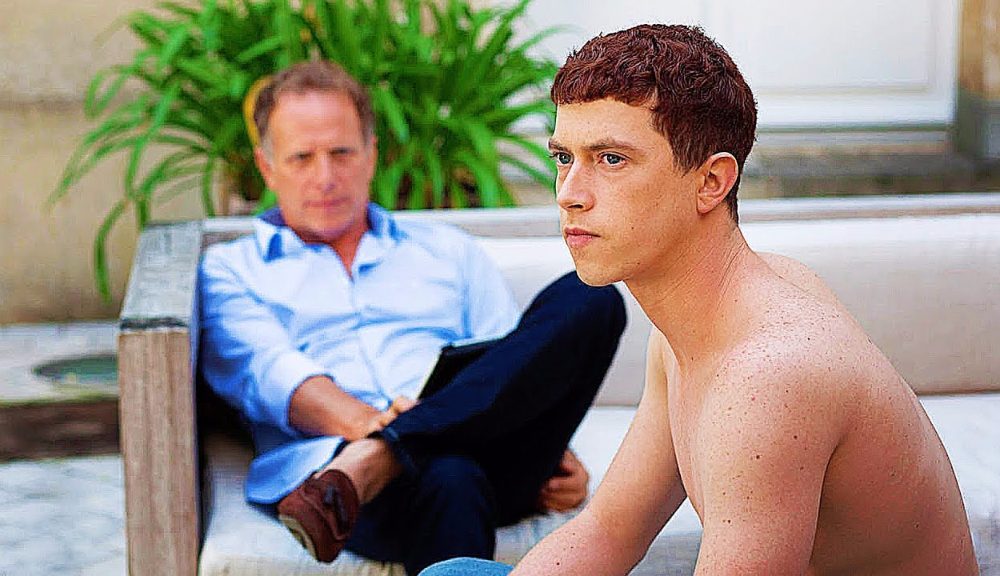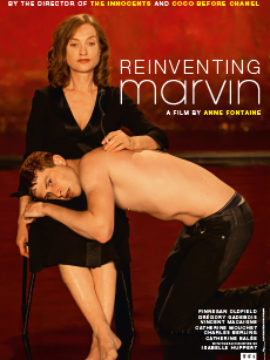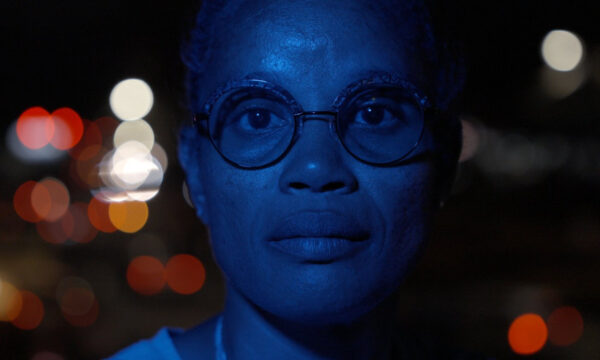Marvin ou la belle education (Reinventing Marvin)

9th October 2017 6.15pm at Ciné Lumière
11th October 2017 9.00pm at Vue West End
13th October 2017 12.30pm at Empire Haymarket
About self-discovery in an often intolerant world, Anne Fontaine’s Marvin ou la belle education (Reinventing Marvin) presents a sensitive and perceptive study of an individual’s search for himself.
Initial shots of a man observing his reflection proposes the question, “Who am I?”. Subsequent scenes are of a boy, Marvin Bijou (translation: jewel) in school harassed with homophobic slurs, assaulted and then sodomised by older boys, with the ravenous lechery of closeted homosexuality.
Stunning displays of French countryside and rustic atmosphere lead to Marvin’s (Jules Porier) home, revealing his rough-around-the-edges family – in contrast to the boy’s ethereal, gentle demeanour. They are neglectful caretakers, rude people who behave as they have learnt to, with intolerance to other races and sexual preferences, equating homosexuality with mental illness.
Marvin finds his confidence and true calling after the benevolent new principal (Catherine Mouchet) suggests he try an acting class. Later as a young man (Finnegan Oldfield) in the Paris theatre world he finds allies, and after attending a lecture is deeply moved by the words, “If you’re black and insulted at school, your family will comfort you, but if you’re gay, you’re parents also reject you, and you’re all alone”.
To his anti-bourgeois friends’ dismay, Marvin becomes involved with a wealthy older benefactor (Charles Berling), who introduces him to Isabelle Huppert – with whom he later collaborates in his own successful autobiographical play.
Far from two-dimensional, the work’s characters are fluid and evolve. Marvin’s parents, depicted at first as bigoted slobs, are humanly revealed: his mother (Catherine Salée) is hurt by his portrayal of her as a bad mother; and his father (Grégory Gadebois), who may have had a gay affair of his own, eventually expresses pride in his son.
Often inherent in French films are thoughtful philosophical conversations. But Marvin’s lover advises him not to think too much: “It’s when he thinks that the acrobat falls”. This movie tells the story at least as much through imagery as through words. With flashbacks and jumps back and forth in Marvin’s life, the picture’s structure effectively pieces together a process of discovering the true self – it is as if the viewer is watching the protagonist’s thought processes. As such Marvin ou la belle education is a beautiful, complex movie for which description is insufficient, it must be seen. Superbly conceived, created and acted, this film is a gem.
Catherine Sedgwick
Marvin ou la belle education (Reinventing Marvin) does not have a UK release date yet.
Read more reviews and interviews from our London Film Festival 2017 coverage here.
For further information about the festival visit the official BFI website here.





















Facebook
Twitter
Instagram
YouTube
RSS